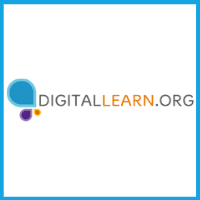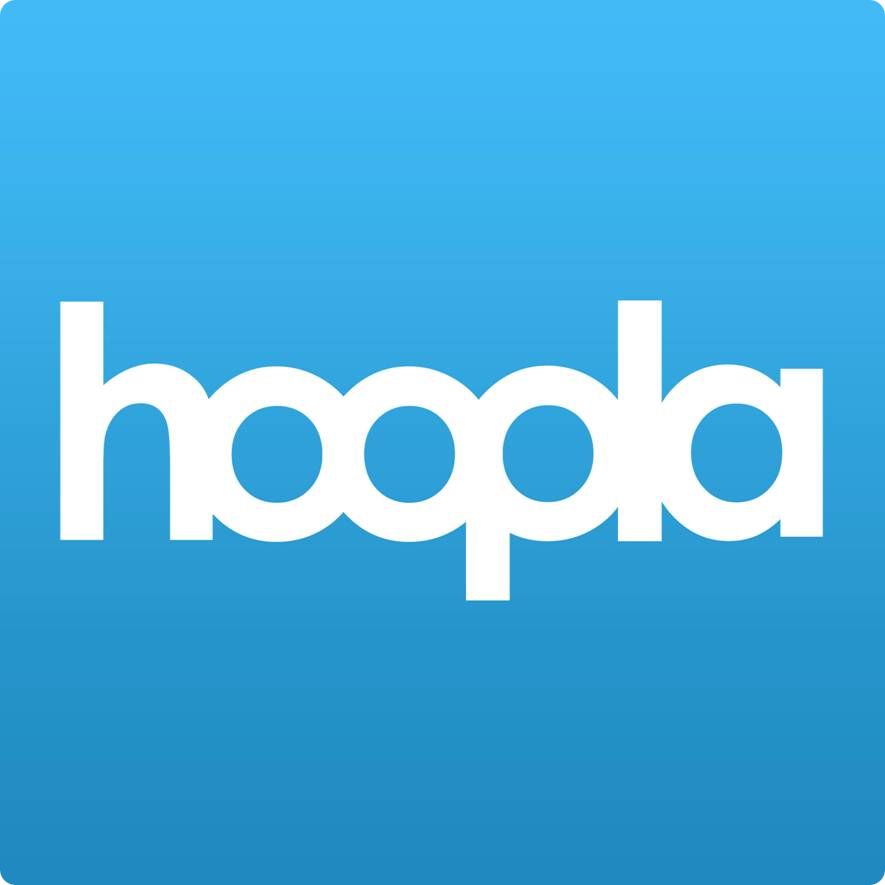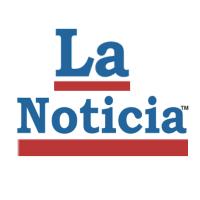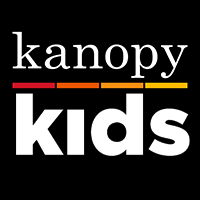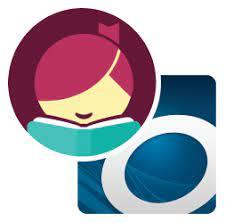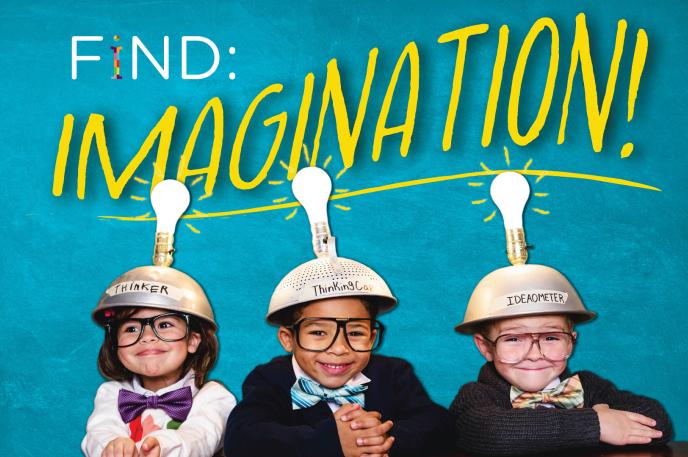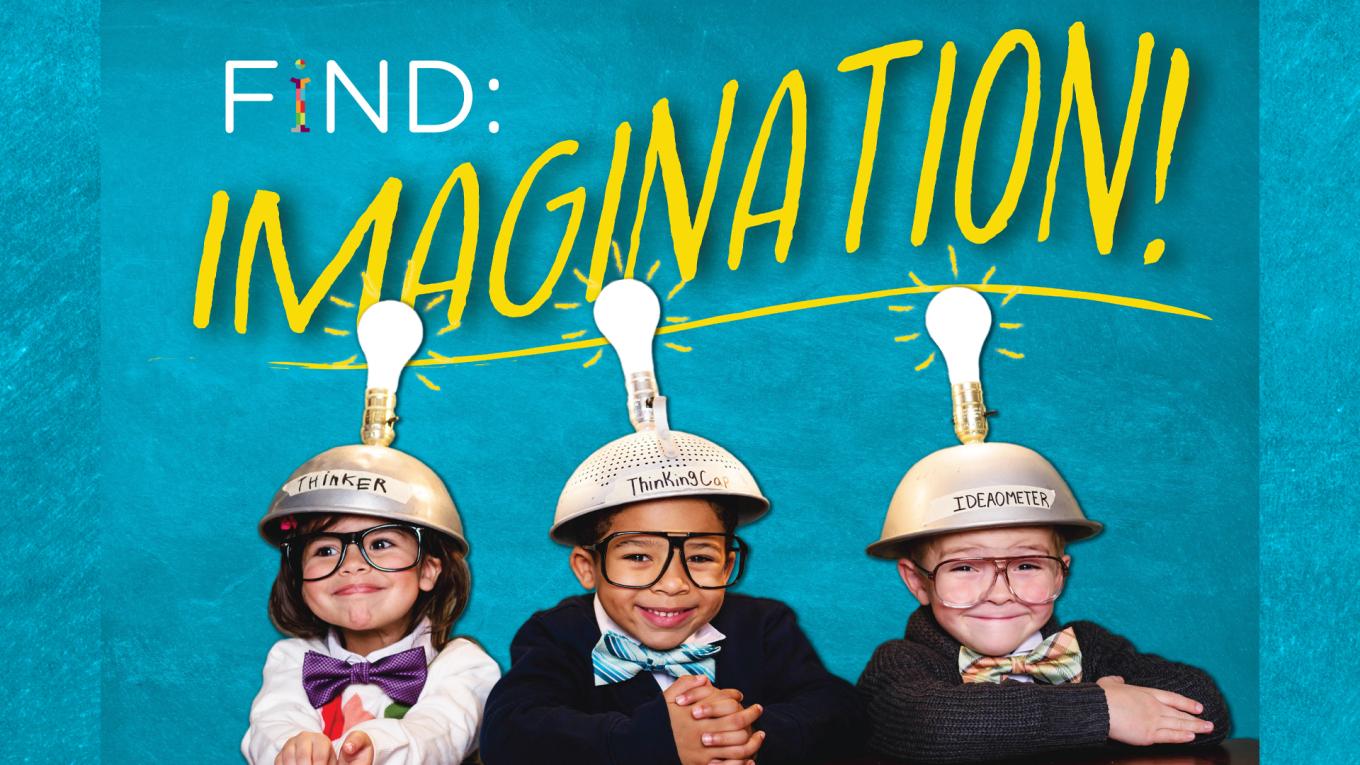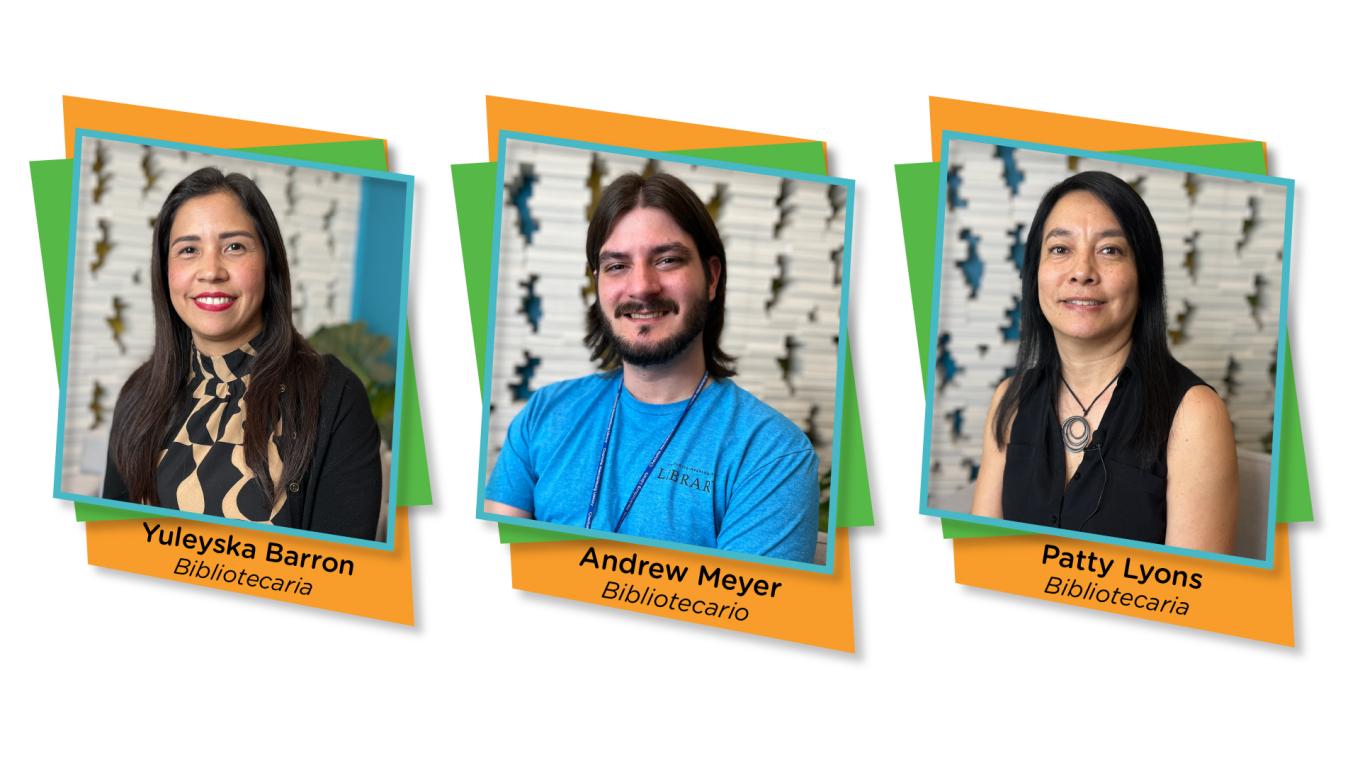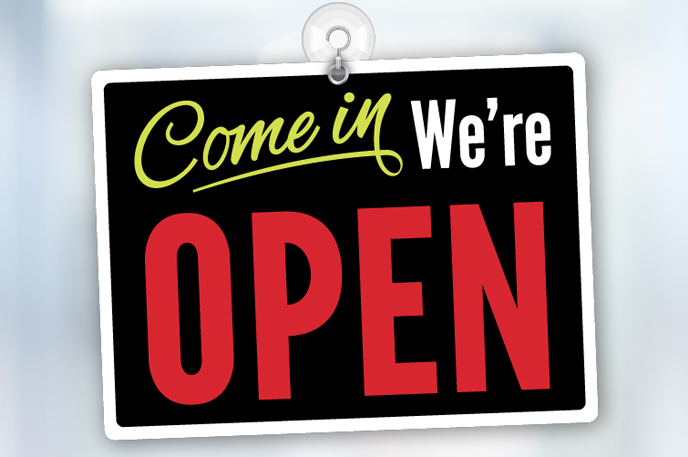This blog was written by Lonna Vines, branch manager at the Myers Park branch of Charlotte Mecklenburg Library.
Welcome to Charlotte! Whether new to the city or new to the United States, Charlotte Mecklenburg Library is thrilled to welcome newcomers to the Queen City.
Charlotte proudly holds the Certified Welcoming designation from Welcoming America, a recognition granted to cities and counties that demonstrate a strong commitment to immigrant inclusion. As of 2024, Charlotte is one of only 24 cities and counties in the United States to receive this honor. The Library recognizes the crucial role that new residents play in enriching the city’s neighborhoods and encourages them to get involved and stay connected with the community.
One of the Library’s key initiatives is WelcomeCLT, which aims to assist new residents—particularly international newcomers—with information and resources to help them navigate their new environment. The WelcomeCLT website offers a variety of resources, including useful links, videos, and information. For additional support, the WelcomeCLT Libguide provides further resources. Each library branch features a WelcomeCLT kiosk, stocked with flyers and brochures about local resources. Additionally, library branches offer materials in 16 different languages.
Welcoming Week: September 13 – 22, 2024
To celebrate Welcoming Week, a period dedicated to fostering community connections and celebrating inclusivity, the Library will host several events. For more details or to register for these events, visit the Library Events page:
